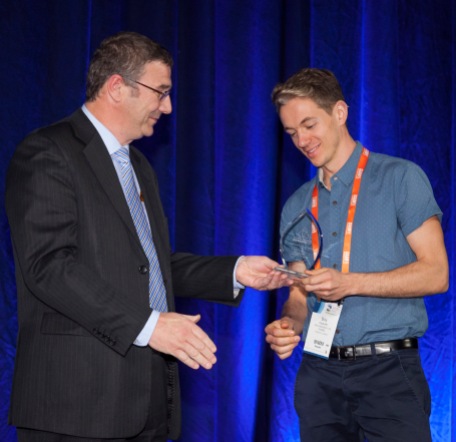Members of the newly founded International Consortium of Conflict Graffiti (ICCG) are seeking abstracts for a paper session proposal for the Royal Geographical Society (with IBG) annual international conference in London, September 2020. Full session details below (or download a PDF copy here).
Royal Geographic Society (with IBG)
Annual International Conference
1 to 4 September 2020 at RGS-IBG, London
Paper session call for abstracts:
Reading spaces of peace and conflict through public visual arts
(Sponsored by the International Consortium of Conflict Graffiti – ICCG)

Session organisers:
Dr Billy Tusker Haworth a, b, Dr Birte Vogel a, b, and Dr Eric Lepp a, c
a International Consortium of Conflict Graffiti (ICCG)
b Humanitarian and Conflict Response Institute, University of Manchester, UK
c Conrad Grebel University College, University of Waterloo, Canada
Contact (email; Twitter):
billy.haworth@manchester.ac.uk; @BillyTusker
birte.vogel@manchester.ac.uk; @birtevogel_
eric.lepp@uwaterloo.ca; @Eric_Lepp
Session description:
Reading spaces of peace and conflict through public visual arts
This panel is interested in what we can learn from visual arts in conflict-affected societies. Street art and graffiti in particular represent a diverse range of artistic, social, cultural, and political practices in urban landscapes, whereby people publicly mark their different intentions with potential impacts on communities. Street art can be both a contributor to, and commentary on, contested spaces, and thus produces spatial realties in dynamic and temporal ways. It provides rich insight into societies, cultures, social issues, trends and political discourse, and spatial and territorial identities and claims. As both a contributor to and commentary on contested spaces, graffiti is particularly valuable in (post)conflict societies undergoing social and political transformation as it furthers knowledge of everyday peace and conflict practices, and contributes to our understanding of everyday experiences. Importantly, graffiti and public arts both shape and are shaped by the spaces in which they occur, which has particular pertinence to understanding conflict-affected societies at a local level.
We are interested in abstracts relating to relationships between graffiti, street art and other public visual arts and contested spaces and conflict-affected societies, all broadly conceived. We are particularly interested in papers that:
- Engage with the questions of where and when public visual arts occur in conflict-affected societies;
- Analyse the impacts of visual arts on shaping relationships between communities;
- Analyse how citizens use public spaces for engaging with governments;
- Deconstruct messages and meanings of street art in relation to space, peace and conflict;
- Explore how art in public spaces is used to depict a range of social, economic and political issues;
- Examine the political economy of public visual arts.
We consider both case studies from across the globe, in a broad range of contexts, and papers that engage with innovative methods for capturing, interpreting and analysing public visual art. We particularly welcome submissions from early career researchers and priority will be given to work that has not been published yet.
Session format: 15 minute presentation plus 5 minutes Q&A
Abstracts due to us: Friday 31 January 2020
Abstract length: 150-200 words
Send abstracts to: iccg@manchester.ac.uk







